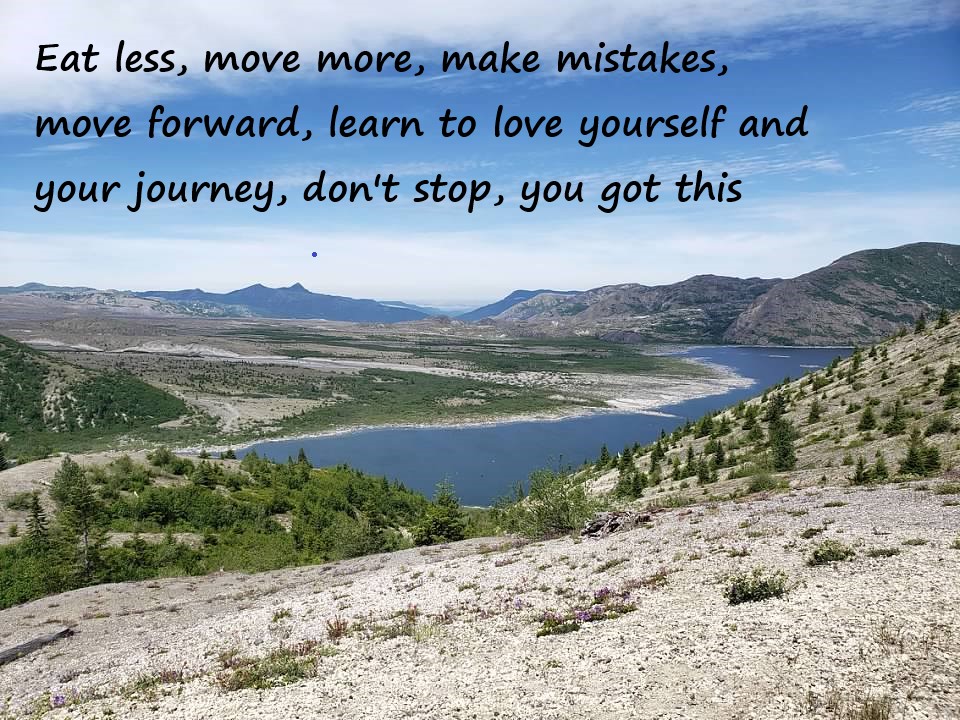First, let me start with my love of food. Food was my comfort, stress reliever, and source of pure pleasure. Pasta was my favorite…someone please pass the spaghetti and garlic bread! When I met my dietician for the first time last October and she told me about the high protein, low carb diet, I had some initial hesitation. I never really understood why anyone would choose a low carb diet.
I accepted the information and was bound and determined. I had already made the mental decision to go forward with this surgery. I had to do a lot of paperwork for my insurance company to even get my first appointment. The dietician sets your daily protein and carb counts based on your body weight, body type, and they use a fancy machine to take all sorts of measurements. My personal goal was 120 grams of protein per day and less than 110 grams of carbs.
The best part was she told me I could eat real food and gave me a lot of reference sheets for high protein snacks. Some programs offer meal replacement and I can tell you that was not for me. I ate some of the meal replacements after surgery and for me, no thanks. After surgery I made a lemon pudding meal replacement that tasted like paste with a little lemon juice. I didn’t eat paste as a kid and definitely not now. So, that said many of my support group acquaintances love the meal replacements.
I took the large packet from the dietician home and chose to journal on paper. It was really tough at first and I was shocked at the amount of carbs in food. I read and re-read all of the information over and over. This experience sets you up for success later on after surgery.
I sat down every morning before work and wrote down everything I planned to eat for the day. I used pencil because sometimes (more than sometimes) I changed my mind. Journaling is a big key to success. The key was being honest about what I ate and I practiced this.
My advice if you decide to do a high protein low carb diet is to start with your priorities in the day. My priority will always be popcorn. My grandpa and then my mom passed on to me the love of popcorn. My grandpa even taught me how to make popcorn on the stove top in a big kettle. I did learn to eat it without butter and just use a little oil. Everything after that was mostly protein.
A typical day of food before surgery was scrambled eggs with cheese and bacon bits for breakfast. Lunch was often deli meat, cottage cheese, or peanut butter in some form. I was able to eat a lot of ground beef and chicken too during this time. Chicken and turkey have a ton of protein and are lean. Dinner was also a lean protein, hamburger, steak, cottage cheese, salad, or beans. Snack was popcorn. I also incorporated some veggies into my daily plan. This diet is low carb, but not what I would call Keto.
The Keto diet comes two weeks before surgery and I plan to talk more about that later. In my upcoming posts I will share more about the ups and downs of this process both before and after surgery. I made lots of mistakes and went back to old habits before my surgery.
The one difference this time for me though was a commitment I made to my myself, my family, and going to all of my appointments with the medical team.
If you are looking to make a change, consider starting small. Set a small goal and work towards it. Tackling too much at once can be overwhelming. I knew someone who used to practice a new habit for a while before adding anything new. For example, trying grilled protein instead of fried and only have the fried on a special occasion. Try fruit or veggies in place of dessert once or twice a week.
Next post I will tell you more about the initial conference I was required to attend and the idea that being overweight was not all my fault. Until then, enjoy the weekend.
